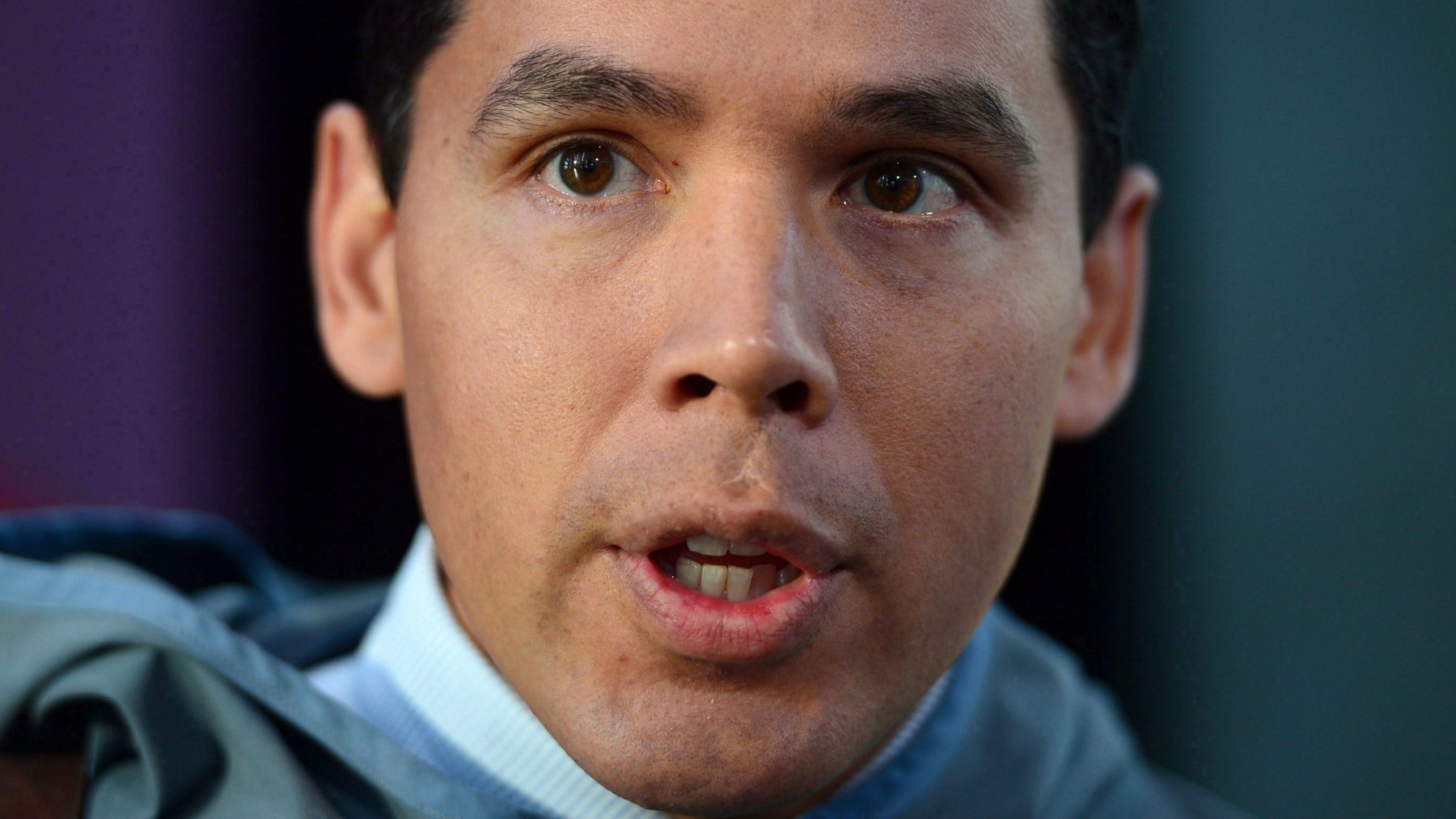Inuit org wants Canada to deem air transport essential during COVID-19 crisis

The national Inuit organization in Canada is calling on the federal government to deem air transport an essential service for the duration of the COVID-19 pandemic.
“Air travel routes in Inuit Nunangat are equivalent to the TransCanada Highway in Southern Canada,” said Natan Obed, the president of Inuit Tapiriit Kanatami, in a news release on Tuesday. (Inuit Nunangat is a term used to refer to Canada’s four Inuit regions: The Inuvialuit Settlement Region in Canada’s Northwest Territories; Canada’s eastern Arctic territory of Nunavut; Nunavik in northern Quebec; and Nunatsiavut, in the Atlantic Canadian province of Newfoundland and Labrador.)
“They are vital links connecting remote regions of the country to each other and to more populous centres,” Obed said.
“Our airlines are called on for the transport of medical patients and for delivery of COVID-19 swabs, and form a critical backbone to our healthcare system. Any delays in this system due to significantly reduced flight schedules poses a significant risk to Inuit health and wellbeing.”
Travel restrictions are in place across Canada, including in the North, in an effort to contain the spread of the coronavirus. The majority of Canada’s 51 Inuit communities are fly-in only, and are re-supplied either by air or sealift.
Airlines operating at loss
Travel restrictions put in place in Canada’s northern territories in response to the pandemic have exemptions in place for things like cargo or emergency medical travel. But ITK says the decreased service could negatively impact communities in the long term, prolonging the waiting times to access health care services in the South, as well as forcing airlines which serve the North, many which are Inuit-owned, to operate at a loss.
“With declining revenues, this will become increasingly difficult, if not impossible, to maintain,” ITK said.
Inuit Tapiriit Kanatami represents the approximately 65,000 Inuit in Canada.
Write to Eilís Quinn at eilis.quinn(at)cbc.ca
Related stories from around the North:
Arctic: Roundup of COVID-19 responses around the Arctic, Eye on the Arctic
Canada: Inuit gov in Atlantic Canada postpones election over COVID-19 concerns, Eye on the Arctic
Finland: Finns continue with ski holiday plans despite travel advisory, Yle News
Greenland: COVID-19: Arctic science expedition postpones flight campaign after trainee tests positive for virus, Eye on the Arctic
Norway: Norway to focus on civil society, press freedom as chair of Barents Euro-Arctic Council, The Independent Barents Observer
Russia: Arctic oil plans in Norway and Russia disrupted amid COVID-19 crisis, The Independent Barents Observer
Sweden: Why are Sweden’s politicians taking a different tack for coronavirus?, Radio Sweden



